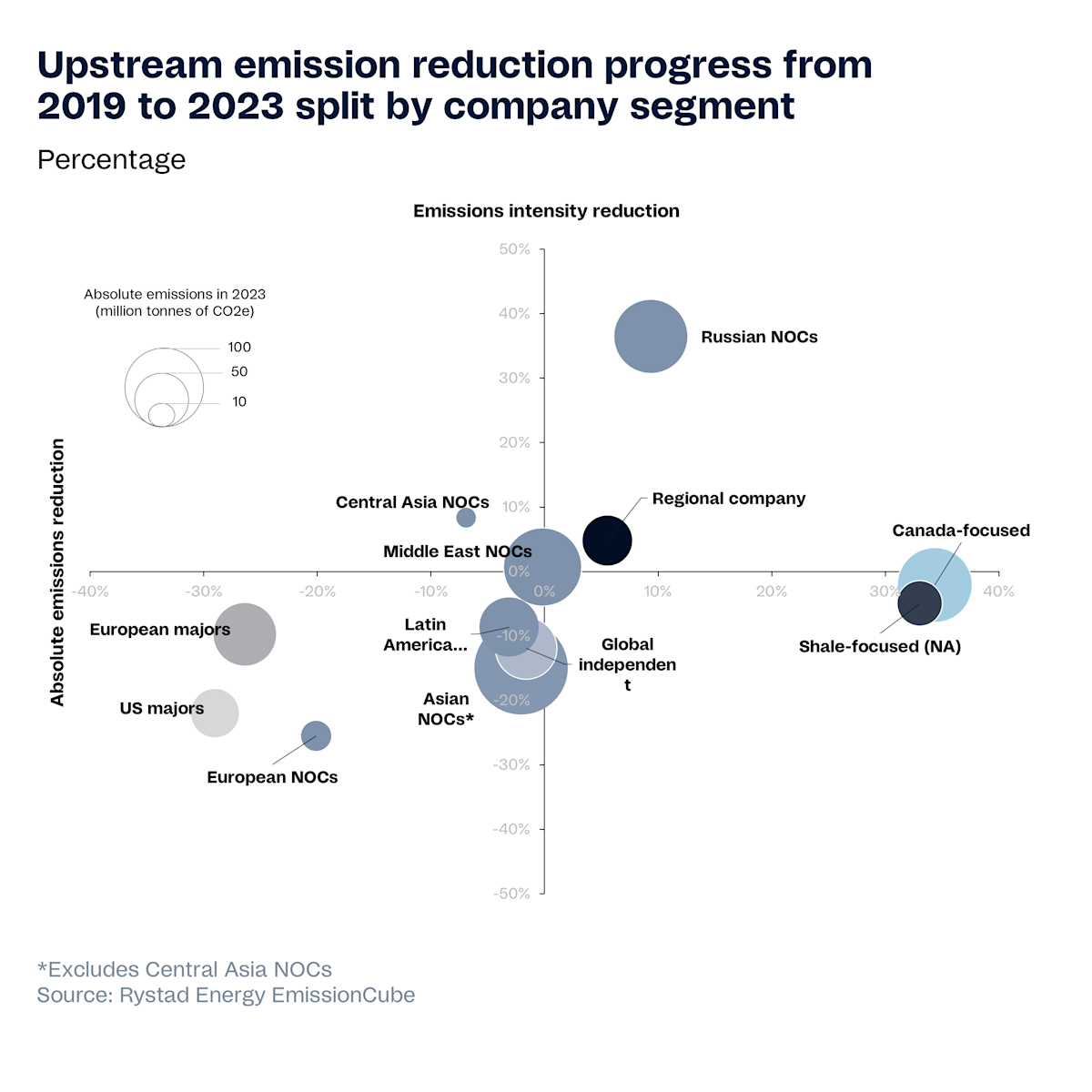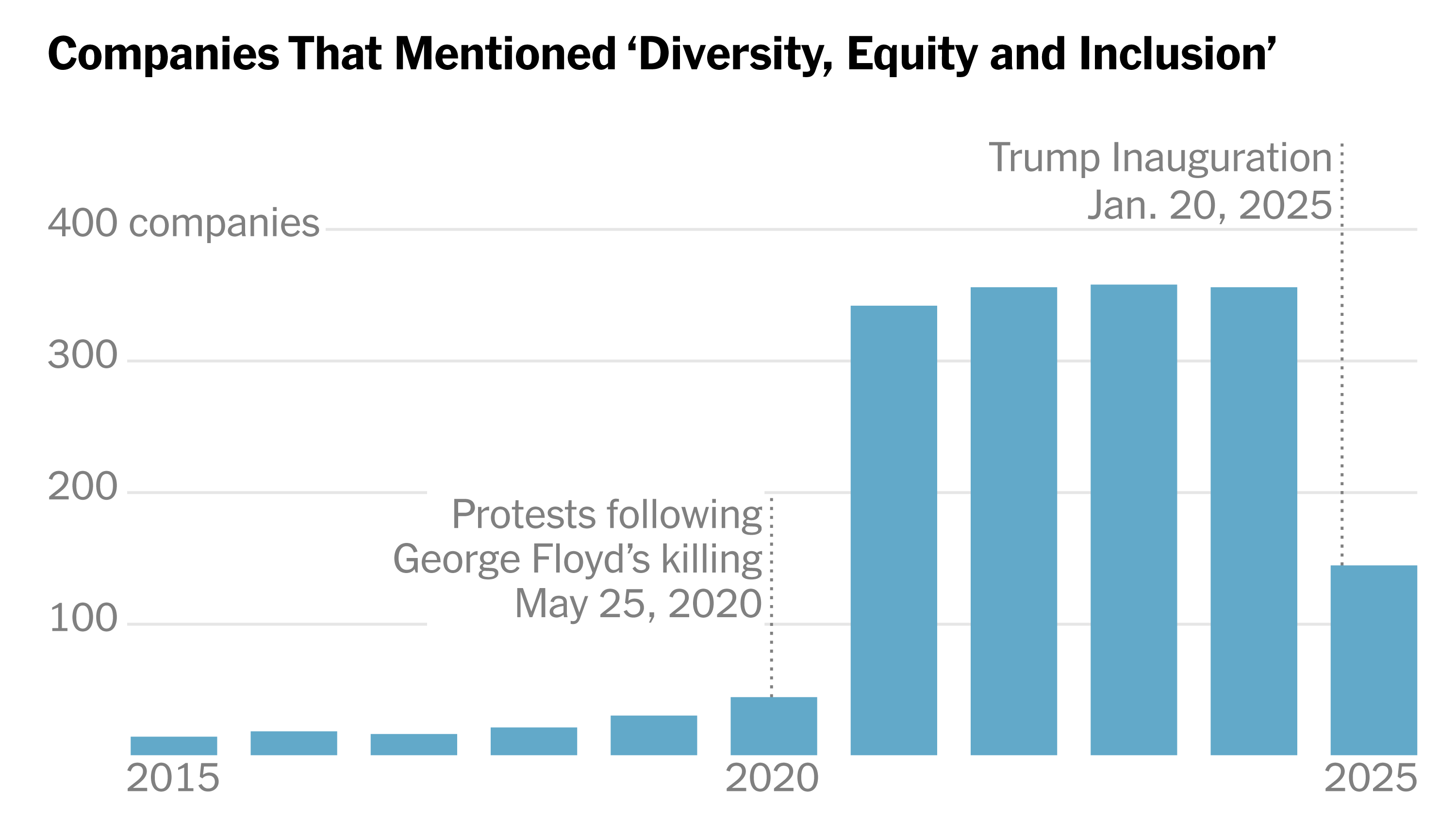Green Dilemma: How Big Oil is Racing to Clean Up Its Carbon Footprint
Companies
2025-04-12 21:00:00Content

As the global energy landscape evolves, oil and gas companies are increasingly setting critical emission reduction milestones, with 2025 emerging as a pivotal year for interim climate targets. However, the industry faces a significant challenge: the lack of uniform standards for measuring and verifying these ambitious environmental commitments. While many companies are stepping up their sustainability efforts, the approaches to tracking and reporting emissions reductions remain inconsistent, creating a complex landscape of environmental accountability.
Climate Commitments: The Complex Landscape of Emission Reduction in Energy Sectors
The global energy landscape is undergoing a transformative period, where oil and gas companies are increasingly confronting the critical challenge of environmental sustainability. As the world grapples with climate change, these industrial giants are being compelled to reimagine their operational strategies, setting ambitious emission reduction targets that will reshape the future of energy production.Navigating the Critical Crossroads of Environmental Responsibility and Industrial Performance
The Emerging Paradigm of Corporate Environmental Accountability
The contemporary energy sector finds itself at an unprecedented intersection of technological innovation, regulatory pressure, and environmental consciousness. Companies are no longer merely evaluated on their economic performance but are increasingly scrutinized for their ecological footprint. The year 2025 has emerged as a pivotal milestone for many organizations, representing a critical juncture in their commitment to reducing greenhouse gas emissions. Unlike previous decades where environmental considerations were peripheral, today's energy corporations are integrating sustainability into their core strategic frameworks. This fundamental shift reflects a growing recognition that long-term viability depends not just on resource extraction, but on responsible and adaptive management of environmental impacts.Standardization Challenges in Emission Reduction Frameworks
The path to meaningful emission reduction is fraught with complexity. While numerous companies have articulated ambitious targets, the mechanisms for measuring, verifying, and implementing these goals vary dramatically across different organizations. This lack of standardization creates significant challenges in assessing genuine progress and comparing commitments across the industry. Some corporations are developing sophisticated internal metrics, leveraging advanced technologies like satellite monitoring and AI-driven analytics to track their environmental performance. Others are adopting more generalized approaches, relying on broad industry benchmarks that may not capture the nuanced realities of individual operational contexts.Technological Innovations Driving Sustainable Transformation
Breakthrough technologies are playing a crucial role in enabling more effective emission reduction strategies. Advanced carbon capture technologies, renewable energy integration, and sophisticated monitoring systems are providing energy companies with unprecedented tools to minimize their environmental impact. Artificial intelligence and machine learning are emerging as powerful allies in this transformation, enabling real-time tracking of emissions, predictive maintenance of infrastructure, and more efficient resource allocation. These technological interventions are not just mitigating environmental risks but are also creating new economic opportunities for forward-thinking organizations.Regulatory Landscapes and Global Perspectives
The global regulatory environment is becoming increasingly stringent, with governments worldwide implementing more robust frameworks to compel meaningful corporate environmental action. International agreements, national legislation, and investor expectations are converging to create a multifaceted pressure system that demands genuine commitment to emission reduction. Different regions are adopting varied approaches, from carbon pricing mechanisms to direct regulatory mandates. This diverse global landscape requires energy companies to develop flexible, adaptable strategies that can navigate complex and sometimes contradictory regulatory environments.Economic Implications and Strategic Considerations
The transition towards lower-emission operations is not merely an environmental imperative but a complex economic calculation. Companies must balance immediate financial considerations with long-term sustainability goals, often requiring significant upfront investments in new technologies and operational redesigns. Forward-thinking organizations are recognizing that robust emission reduction strategies can actually enhance economic competitiveness, attract socially conscious investors, and position themselves favorably in an increasingly environmentally aware market landscape.RELATED NEWS
Companies

Illinois Workplace Revolution: 2 Game-Changing Laws Shaking Up Employers
2025-02-22 19:14:00
Companies

Crypto ATM Crackdown: Iowa AG Prepares Legal Assault on Digital Currency Machines
2025-02-27 11:30:00
Companies

Breaking Barriers: How Spectrum and Tech Giants Are Revolutionizing Employee Learning
2025-04-16 19:10:24





